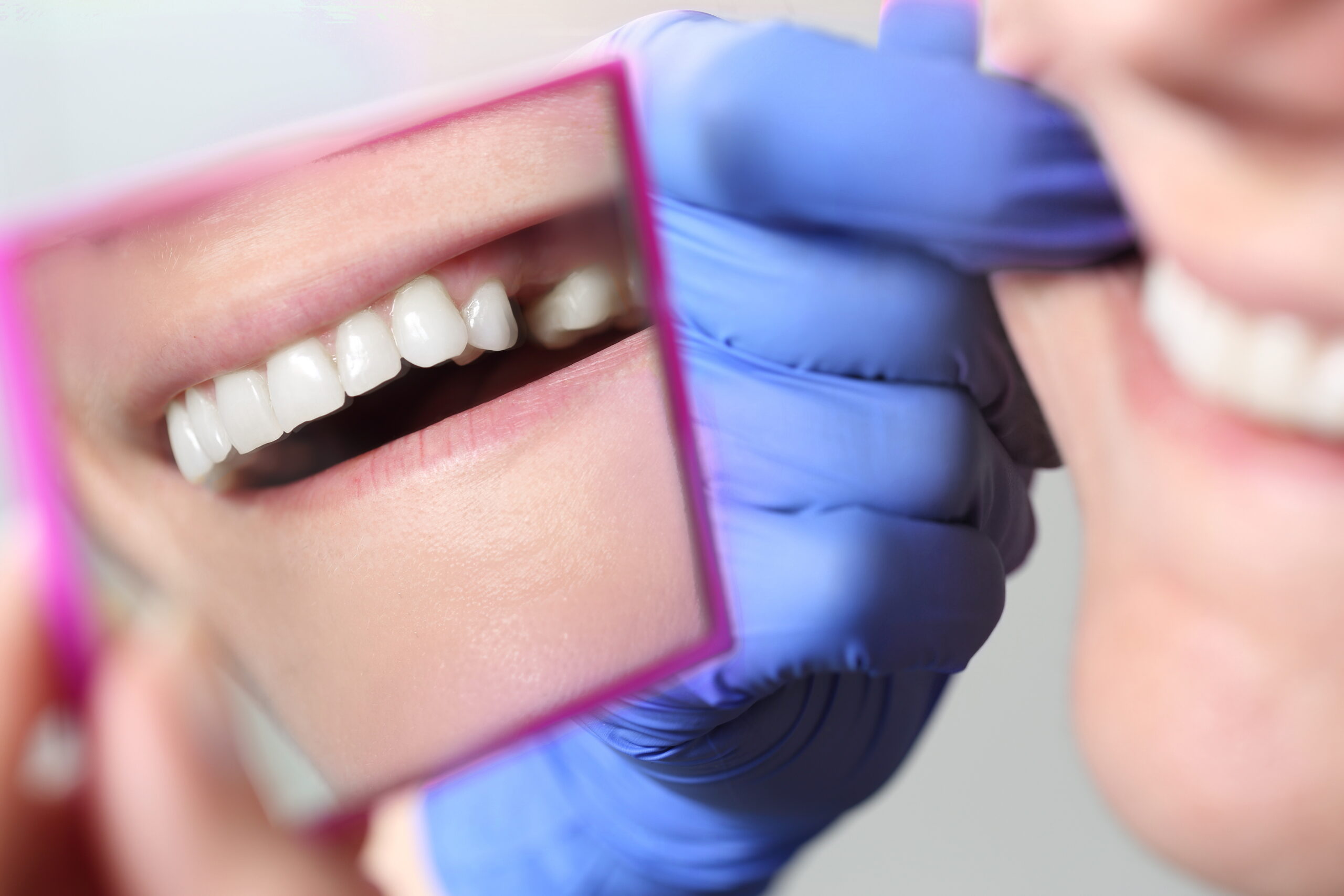Crowns & Bridges
Columbus, OH
What Is A Crown?
A “dental crown” is a term familiar to most people, though some refer to it as a “cap.” There are actually two uses of the term crown in dentistry. We use the word crown to describe the anatomical portion of each tooth that protrudes out of the gums and bone. The crown of the tooth does not include the tooth’s roots, and in a healthy tooth, enamel covers the entire crown.
What Is A Bridge?
A bridge is a dental treatment that uses multiple crowns connected together in order to replace a missing tooth. At the minimum, a bridge includes two crowns on either side of a “fake” tooth called a pontic. Bridges are classified according to the number of units, which just means the number of teeth they cover. The most common is a three-unit bridge, which uses two teeth as anchors for one replacement tooth.
Protect Your Teeth From Further Damage
When Are They Needed?
A dental crown replaces the enamel covering of a tooth, and is needed when the enamel can no longer perform its function. Enamel is the hardest substance in the human body, designed to withstand the thermal, chemical and mechanical forces our teeth undergo when we eat and drink. Unfortunately, however, it is not invincible. Enamel is susceptible to cracking, acid erosion, and decay from large cavities. Any of these reasons can lead to a weakened tooth. Patients who struggle with nighttime grinding or have had a root canal treatment may also be good candidates. A crown will then be recommended to protect your tooth from further damage.
The Process
1.
Local anesthetic is applied.
2.
Existing decay is removed, and the tooth is shaped.
3.
An intraoral 3D scan is taken and sent to a dental lab.
4.
Your temporary crown is created and fixed to your tooth.
The Second Visit –
1.
Temporary crown is removed and your tooth is cleaned.
2.
The fit of the final crown is confirmed with a close-up x-ray.
3.
Adjustments are made for bite and comfort.
4.
Permanent cement is attached to your final crown.

Maintenance
A dental crown or bridge is a significant investment made for the health of your mouth. Most dental crowns “last” (meaning they do not require any further dental work on the tooth) anywhere from five to fifteen years. The lifespan varies narrowly based on the material of the crown and widely based on patient care and maintenance.
In order to promote a long lifespan for your dental crown, you must fight cavities by performing great oral hygiene at home and seeing us consistently for professional teeth cleanings, check-ups, and topical fluoride treatments to help strengthen the teeth. This is true for promoting the lifespan of any dental work.
Another common factor in the lifespan of dental crowns or bridges is breakage from heavy forces. If you exhibit signs of clenching and/or grinding your teeth while you sleep, we will likely prescribe a protective mouthguard for you to wear at night.
We Can’t Wait To Meet You!
Schedule Your First Visit Today

